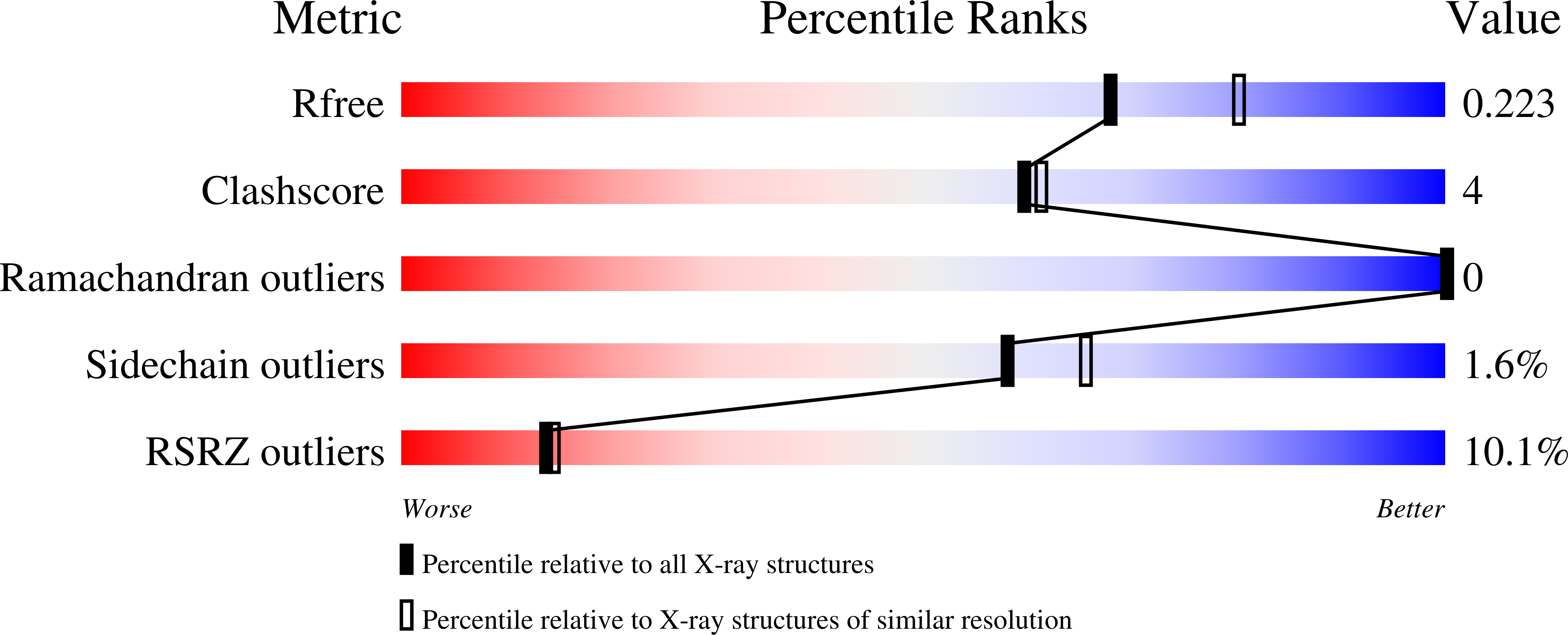
Deposition Date
2023-07-17
Release Date
2024-10-30
Last Version Date
2025-01-01
Entry Detail
PDB ID:
8PUU
Keywords:
Title:
Giardia intestinalis deoxyadenosine kinase forms a functional tetramer
Biological Source:
Source Organism(s):
Giardia intestinalis (Taxon ID: 5741)
Expression System(s):
Method Details:
Experimental Method:
Resolution:
2.10 Å
R-Value Free:
0.22
R-Value Work:
0.2
Space Group:
P 32 2 1


